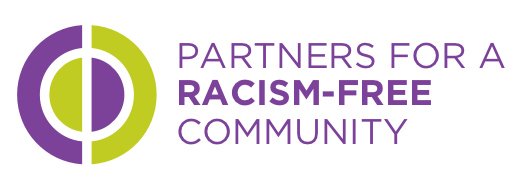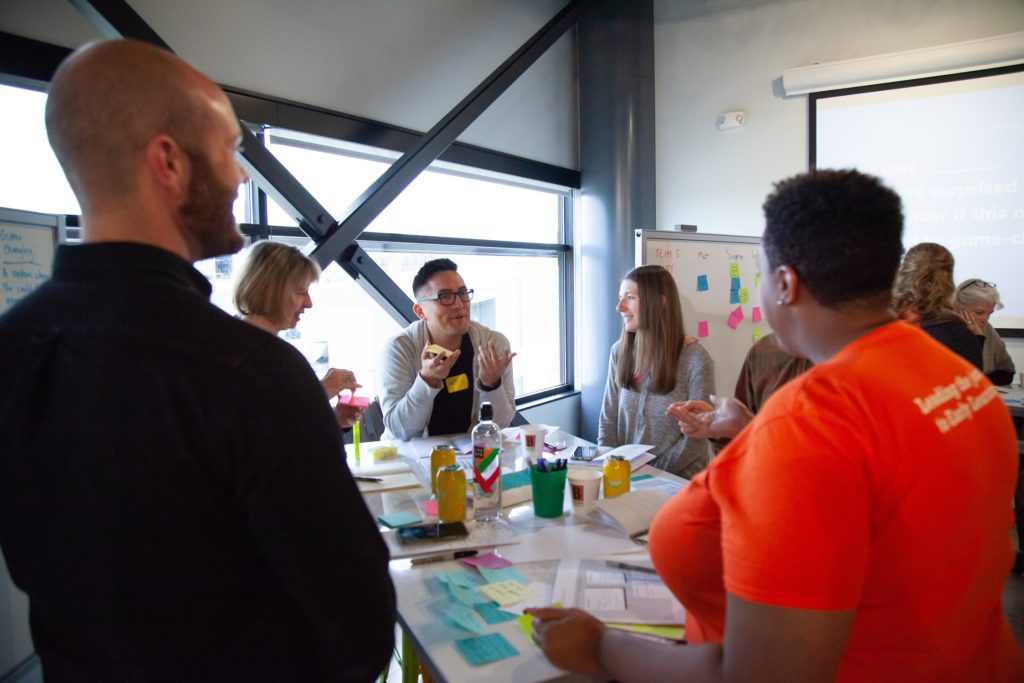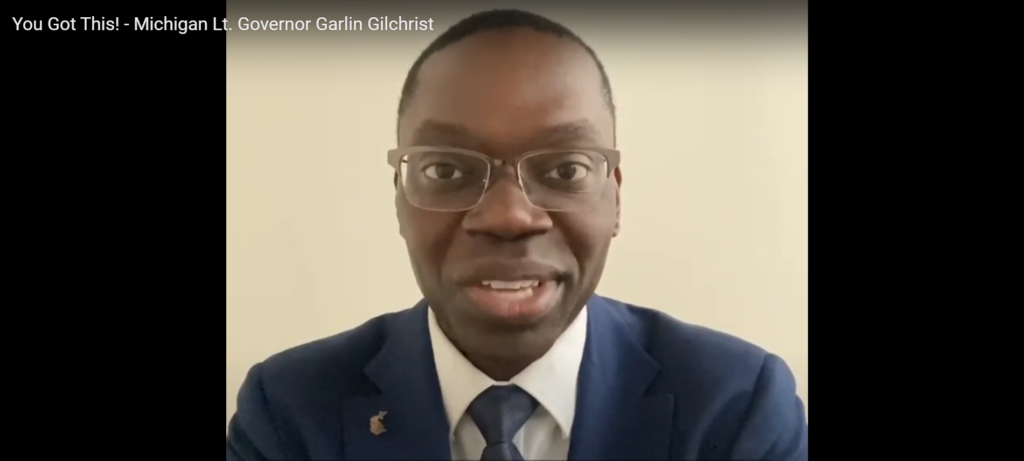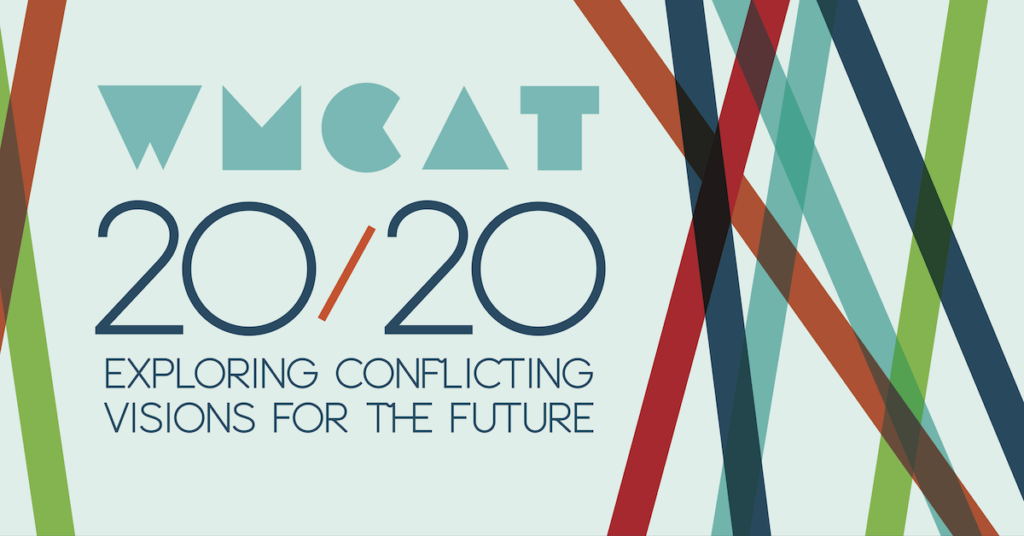Partners for a Racism-Free Community (PRFC) officially closed its doors in July 2020, after a decade of helping individuals and organizations in their process of becoming racism-free. The last directive of the organization was to ensure PRFC’s original anti-racism assessment tool would not only live on through its intellectual property but find a new path to continue dismantling systemic racism in institutions.

PRFC chose to give all intellectual property and rights of its PRFC Organizational Assessment Tool (also known as the Institutional Challenge to Achieve Racial Equity (ICARE)) to Public Agency at WMCAT, our equity-centered design consultancy and social enterprise that is embedded in our organization.
“It is with both great hope and a heavy heart that we shut down Partners for a Racism-Free Community,” expressed Sharon LaChappelle, PRFC’s former project director. “The work of the organization and those who helped form it will not be forgotten. Now, WMCAT is positioned for this very critical time in history to absorb, operationalize and implement the PRFC Organizational Assessment Tool that is specifically designed to address and dismantle systemic racism in our institutions. The baton has been passed well, yet there is so much more work to do.”
The team at Public Agency at WMCAT has already committed to an apprenticeship with PRFC in the coming months to learn the assessment tool. And together they will work to design a version of the tool that can be applied to organizations and systems that they currently work with, as well as for future clients.

Public Agency will now use the tenets of PRFC’s anti-racism assessment in their equity-centered facilitations and projects with clients
“WMCAT has an incredible legacy to uphold for our community, and we do not take that lightly,” shared Daniel Williams, WMCAT’s president + CEO and former board member for PRFC. “The work of WMCAT is perfectly aligned with the goals of the assessment and our social enterprise, Public Agency, is the natural avenue in which our region and beyond can engage with the very important tenets. We are excited to engage with community and are confident that the newly co-designed application will continue to evolve, grow and adapt to the work of eliminating racism in all of our institutions.”
Public Agency has already been doing this type of work with local and global clients from various industries across sectors to help them foster a culture of equity, action and innovation. By coupling the PRFC organizational assessment with their already-established frameworks rooted in taking action toward equitable outcomes, Public Agency is poised to support clients in moving toward a racism-free environment that better perpetuates those outcomes.
“We need the tenets of this anti-racism tool more than ever,” shared LaChappelle. “We need the community to see the value of this work, the work that WMCAT will continue. There is incredible value for a community that seeks to remove structural racism with the goal of becoming racism-free.”
 Organizations interested in learning about or engaging with the assessment can contact Public Agency at WMCAT at hello@publicagency.org or call 616-552-1575.
Organizations interested in learning about or engaging with the assessment can contact Public Agency at WMCAT at hello@publicagency.org or call 616-552-1575.
More about Partners for a Racism-Free Community (PRFC) and the Organizational Assessment Tool
Partners for a Racism-Free Community (PRFC) is a former Grand Rapids-based nonprofit founded in 2010 whose mission was to provide a racism-free community through action-oriented personal commitments, organizational efforts, educational opportunities and social advocacy. The organization officially dissolved on July 3, 2020, and the intellectual property and rights for the notable PRFC Organizational Assessment Tool were gifted to Public Agency at WMCAT. Public Agency at WMCAT is an equity-centered design consultancy and social enterprise for the West Michigan Center for Arts + Technology.
Over the last decade, PRFC partnered with 43 organizations in the region to complete the assessment, a process and a credentialing program where participants were expected to identify and document positive actions toward a racism-free environment. They assessed participants through various areas such as leadership engagement, external collaborations, contractor and vendor practices, customer practices, and more. The first step in the process focused on the full commitment of leadership in a participating organization towards becoming racism-free.
The decision was unanimous between the board of directors and the staff to close the doors as the organization faced a lack of funding and several staff transitions in recent years. Former project director, Sharon LaChappelle, who most recently operated out of the YWCA in downtown Grand Rapids, spent the last year archiving tens of thousands of documents from PRFC’s records to keep the rich history of the organization and its work alive. The archives also include racial justice and equity work dating back to 1997. Extensive PRFC records and documents including a “Racial Justice/PRFC Oral History Project” can be found at the Grand Rapids Public Library. The library has plans to make this content available to the community at large. The Grand Rapids Public Museum is also keeping the records and LaChappelle is hopeful they will be exhibited in the future for the community to see.
The work of PRFC started with key leaders such as Reverend David May who led the Racial Justice Institute (RJI); David Baak, former Executive Director of Grand Rapids Area Center for Ecumenism (G.R.A.C.E.) who hired and supported Rev. May to run RJI within their organization; and Faye Richardson-Green who helped lead a diverse group of volunteers to the creation of PRFC’s anti-racism assessment and credentialing process. Lisa Mitchell, part of the team that created the assessment went on to be the executive director for several years. The concept for PRFC was created by participants of the 2007 Summit on Racism held by the RJI and Rev. May.



